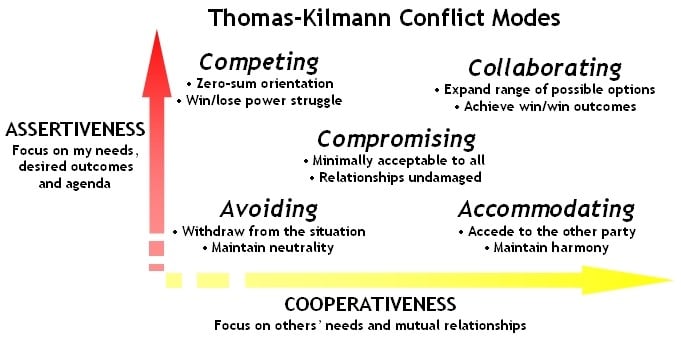It takes an honest person to admit that they overcontrol at work. Maybe you know someone who has received this feedback? Maybe someone has confided in you that their team are not working at their best? They may have even suggested that their overcontrolling style of micro-management could be contributing to this?
One thing is for sure, not many staff find it motivating or helpful. Luckily, an answer to overcontrolling can be to develop a coaching style of management. This involves learning how to ask questions rather than issuing an instruction, or even more abrasive, continually checking on an individual’s progress. A coaching style of management is a better alternative to explore.
How can a coaching style be helpful?
Let’s look at how to delegate a task. It’s tempting to just tell your team-mate what you want done, when by, and to describe the resources that will be available.
However, put yourself in their shoes. Rather than be told exactly how to do something, how much more motivated would you be to discover for yourself a more efficient, more creative or more satisfying way of completing the task?
Here’s the rub. What makes you happy, probably does the opposite for your team member. What helps you to feel in control, probably makes them feel demotivated and small. Your grand plan to develop your staff to do more may be falling apart with each passing second.
[If you interact with the embedded video above and your browser is set to allow cookies, you agree for this 3rd party service to create and store local 3rd party cookies on your device.]
Questions you can use to coach when delegating tasks:
1) Discuss the purpose of what is needed – and encourage their point of view.
- What do you think needs to be achieved here?
- What are the most important aspects of this goal in your opinion?
2) Use open questions to help your team member take ownership (these are questions that encourage the person to contemplate and explore, rather than answer yes or no).
- How could we be more creative?
- What do you think the customer values the most from us, how can we achieve this?
3) Ask your team member to describe the processes to move forward. This keeps the responsibility and the momentum with them.
- What are the timescales and milestones?
- How shall we touch base in case of possible changes?
Just one question can tilt a conversation in a different way and give you far better results. And just as importantly, give the team member a more meaningful and rewarding experience. Try putting these techniques into action, and you’ll see the results very quickly.
For more tips on questioning and communicating with your team, check out our infographic:


